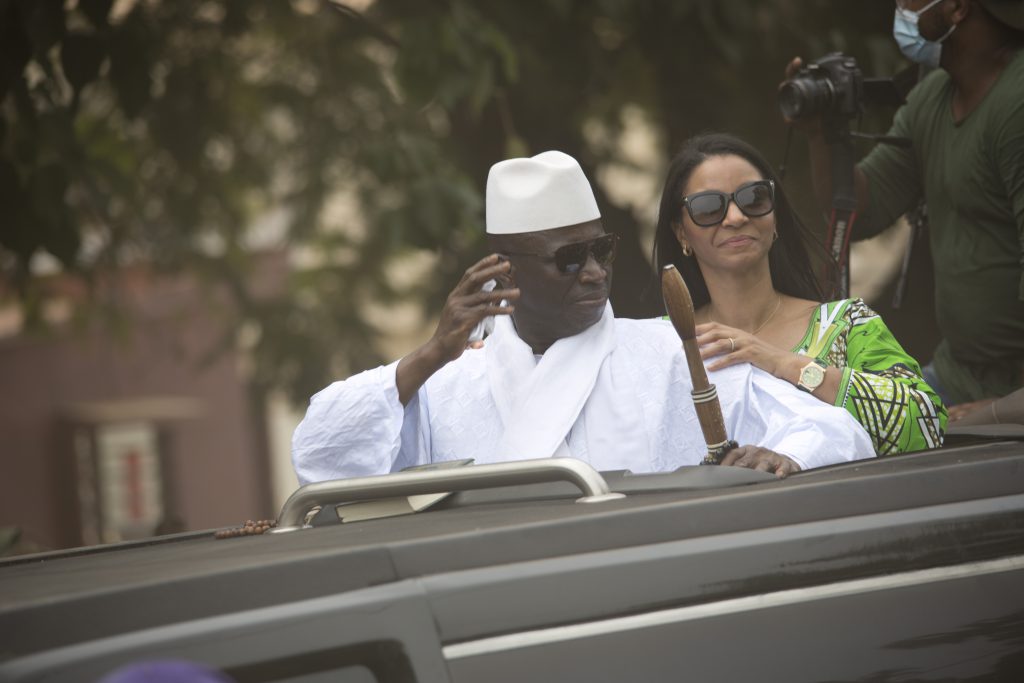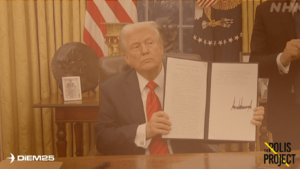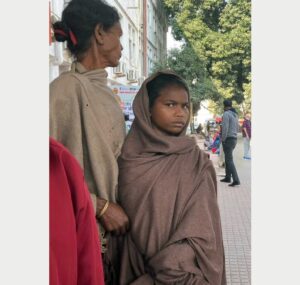

In this essay, Anuja Jaiswal looks at the political and legal fallout of Yahya Jammeh’s regime and the constitutional crisis triggered by his refusal to leave office in 2017. Jaiswal examines how the civil society continues to seek justice for Jammeh’s overreaches, how it can impacted the fabric of Gambian society and what the way forward could look like.
Saul Ndow, a Gambian businessman, disappeared in April 2013. He was killed by military officers allegedly acting on behalf of President Yahya Jammeh. It took over three years for his family to learn the truth about his death. His daughter, Nana-Jo Ndow, launched the Jammeh2Justice campaign with other victims and founded the African Network Against Extrajudicial Killings and Enforced Disappearances (ANEKED). Between 1994 and 2017, Yahya Jammeh used every tool at his disposal to entrench himself in power. He bent The Gambia’s state machinery to his will freely employing draconian tactics against civilians. Victims suffered arbitrary arrest and detentions, enforced disappearances, extrajudicial killings and torture, while their perpetrators thrived. In December 2016, when a new President Adama Barrow was elected to office, Yahya Jammeh’s refusal to concede the presidency triggered a constitutional crisis. On the ground, activists mobilized to defend the results, uniting under the umbrella of the #GambiaHasDecided…
Related Posts


Donald Trump’s Master Economic Plan I Opinion by Yanis Varoufakis




